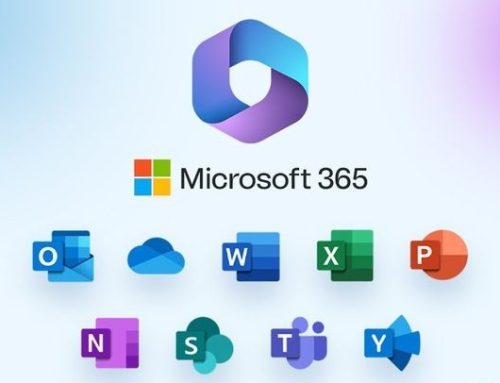Technology is evolving all the time; futuristic inventions such as the Alexa and electric cars were once something only seen in movies and are now a part of our daily lives. Having the ability to control things with our voice or our mind, are becoming more popular in the workplace too. With robots taking the jobs of humans and smart offices popping up across the World, what is the emerging technology we can expect in the workplace?
A ‘responsive or digital workplace’ is something which companies set up in order to produce a variety of diverse opportunities in the modern workplace. Offices will see machine learning and total interconnectivity via smart devices being used throughout the business, in order to streamline processes and boost productivity. Developments such as the Internet of Things (IoT) allow interconnection of computing devices embedded in everyday objects, enabling them to send and receive data. This could see big shake ups in the workplace, as previous messaging services such as Slack, could become as obsolete as the floppy disk.
No more 9-5
Having the ability to be totally connected via applications such as Office 365, allows companies more flexibility; employing remote staff, or aiding start-ups who possibly cannot afford a physical workspace, to work fluidly with employees around the World. The idea of speaking to someone using video calling is currently being used by banks and large corporations worldwide, this idea will soon by adopted by companies as standard.
AI in the workplace
Isn’t everyone fed up with troublesome technology at meetings? With AI, this too could be a mere memory. Recent developments have seen the introduction of artificial intelligence in meetings, using voice activated control to set up calls and smart voice recognition to highlight the difference between a person initiating a command, or unwanted background noise.
Virtual Reality
Virtual Reality or VR will have a huge impact on the workplace, with an expected 500 million virtual reality headsets being sold by 2025. For those companies who offer customers a service, this could reduce the cost of troubleshooting dramatically. Allowing individuals to actually immerse themselves in a virtual world rather than reading a paper instruction to aid with assembling furniture, for example. Company training costs could also be reduced, as the software for providing training updates is more easily updatable with VR, than constantly producing new literature for employees to read. It could also aid those who work in unsafe environments; preventing unnecessary accidents taking place with users learning through virtual reality, rather than putting themselves in potentially harmful situations.
Here at ProDrive we have adopted these ideas and have a Virtual IT Director who can work with your team to deliver your organisations’ IT objectives. If you would like to discuss this or any of our other IT services, please do not hesitate to contact us on 0330 124 3599.








